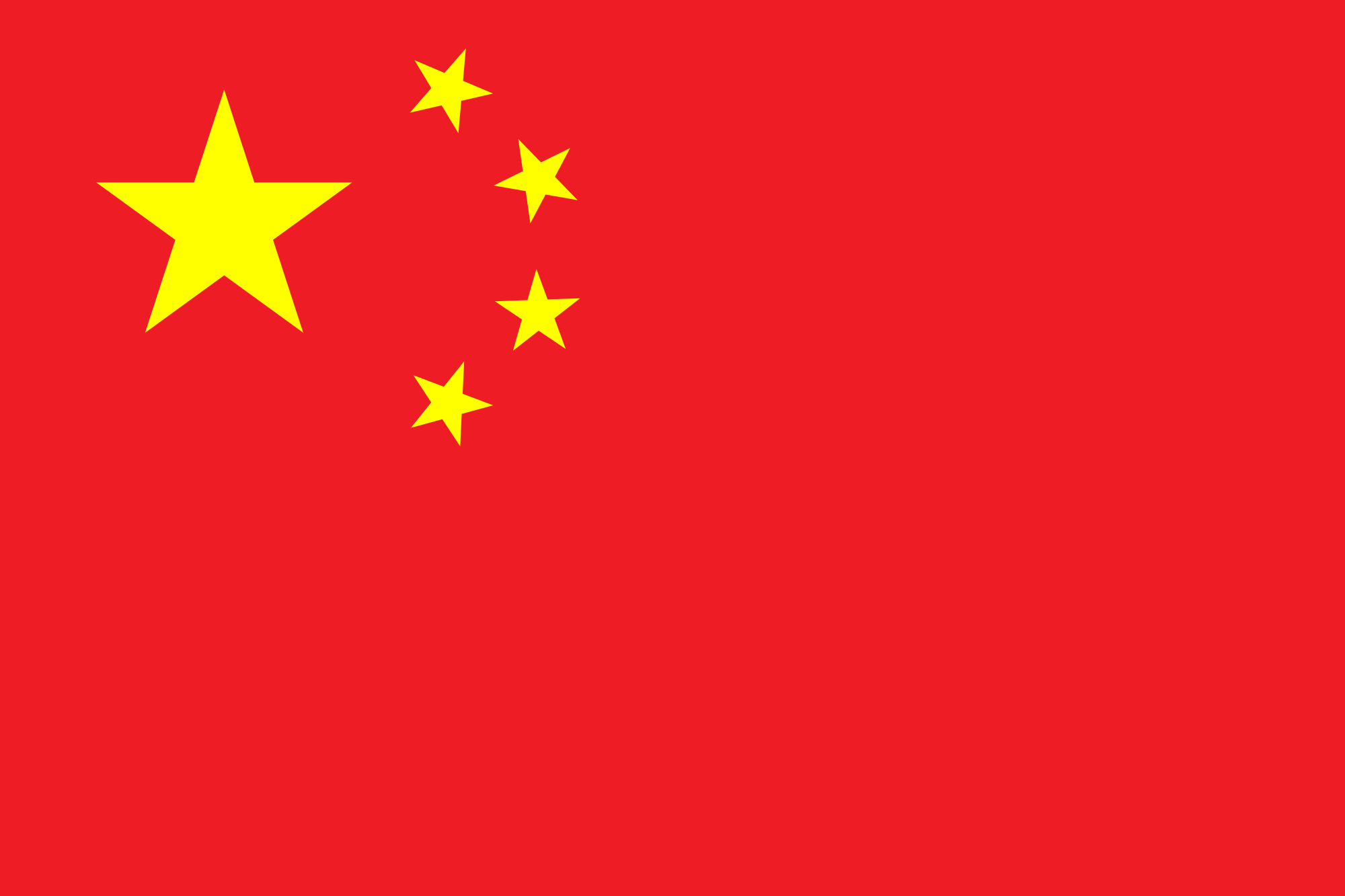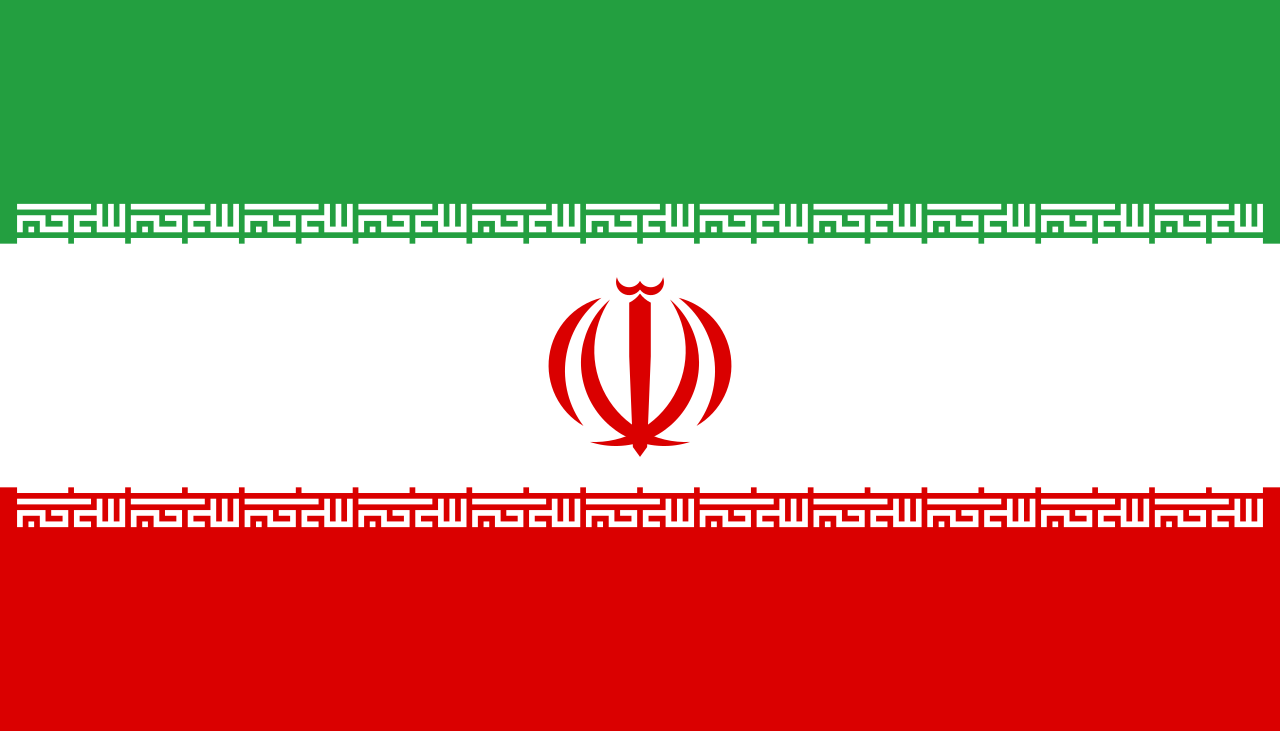
Think tanker Nicholas Burns, a top diplomat in the Bush Administration, has been tapped by House Minority Leader Nancy Pelosi (D-CA) to sell the recently reached Iran nuclear deal to Capitol Hill. Here is more from Politico:
A former top diplomatic appointee in the administration of President George W. Bush will help sell the Iranian nuclear deal to House Democrats this week.
Nicholas Burns, who served as undersecretary of state for political affairs from 2005 to 2008, will brief the caucus on Wednesday at the invitation of Minority Leader Nancy Pelosi (D-Calif.). Burns, who helped Bush design the current detente with Iran, is a strong proponent of the nonproliferation deal.Mr. Burns is a Director of the International Advisory Board at the Atlantic Council and sits on the board at the Council on Foreign Relations (CFR). He is also a member of the board at Harvard's Belfer Center. He also serves on the Panel of Senior Advisors at the Royal Institute of International Affairs (Chatham House). He was previously a public policy scholar at the Wilson Center.
In related news, Ellen Laipson, President and CEO of the Stimson Center, has just penned a piece entitled "Iran Deal Debate Highlights Think Tanks' Role in US Policy."
Nearly every major foreign policy think tank in the US has weighed in on the Iran deal, and many are working behind the scenes to influence its outcome in Congress and elsewhere.






.svg/2000px-Flag_of_Australia_(converted).svg.png)